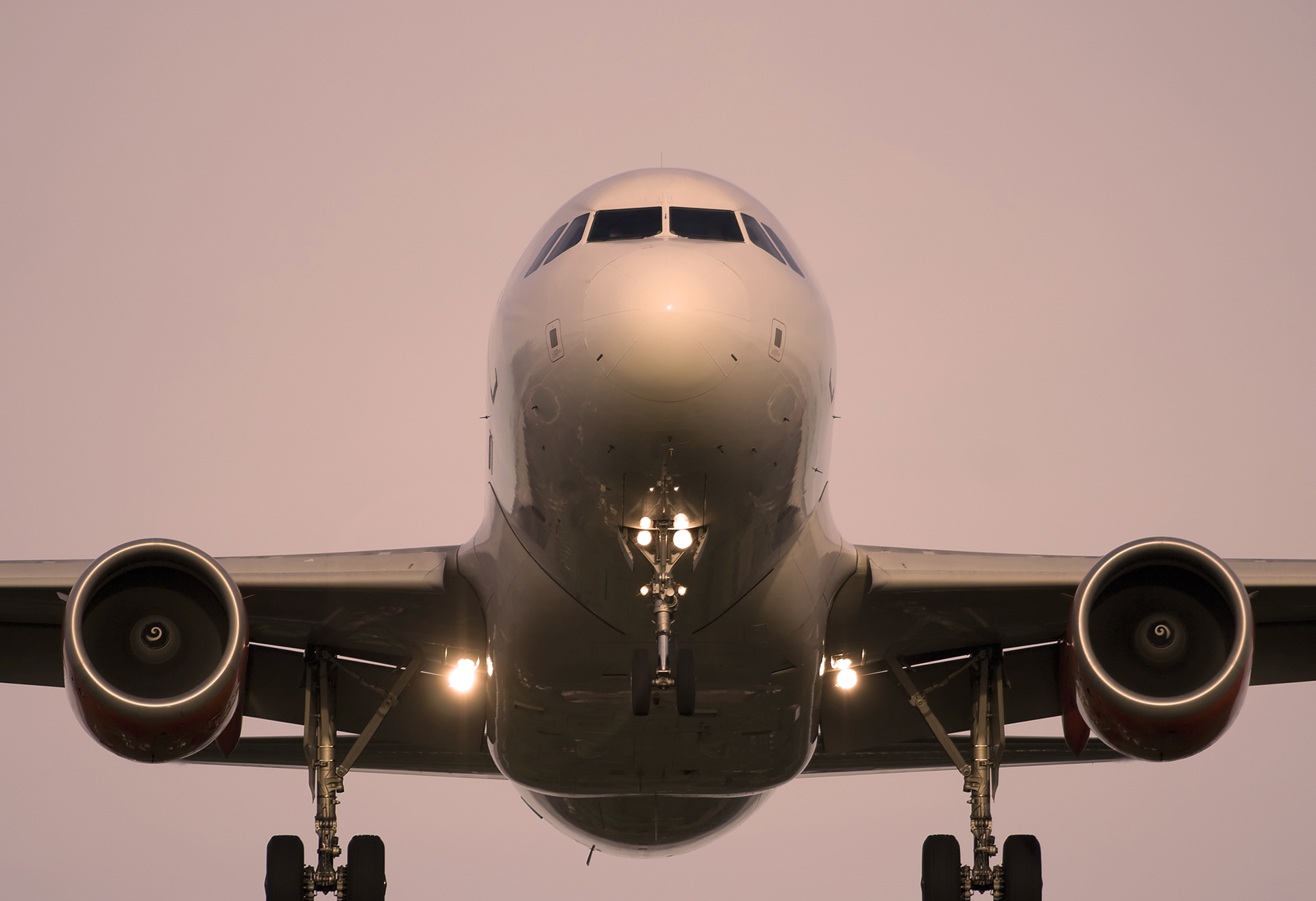Brazilian government officials this week tempted airline executives with a pitch: Latin America’s largest domestic aviation market is opening up and it badly needs more competition.
Promises abounded to lure low-cost carriers to fly domestic routes.
The infrastructure minister promised to double the number of passengers in Brazil’s skies. A monopoly on jet fuel by government-controlled Petrobras (PETR4.SA) is set to end. An $18 fee charged on every international flight ticket was scrapped.
But many industry veterans say that the new promises and recent reforms are not enough, and the country remains an unattractive money pit littered with barriers.
“It won’t happen under the current conditions,” Peter Cerda, vice president for the Americas at industry group IATA, told Reuters. “You can have infrastructure. You can be the largest market in the continent. But if you’re costly, (new airlines) aren’t going to come.”
Brazil transported 118 million passengers in 2018, 20% more than Mexico, Latin America’s No. 2 market.
However, experts say airlines in Brazil struggle with sky high fuel taxes, labor costs and legal liabilities – as well as lack of access to the coveted Congonhas airport in Sao Paulo, where the landing slots are fully booked.
Brazil’s domestic market is controlled by just three airlines who dominate Congonhas’ schedule, meaning a new competitor would have to find its footing elsewhere, a hard pill to swallow.
Those already operating in the country are not particularly profitable. Brazilian carriers lost 10.5 billion reais ($2.62 billion) in the last five years, according to L.E.K, a consulting firm, while local executives do not strike an encouraging tone.
Brazil has historically housed two or three domestic carriers but recently had four, until Avianca Brasil folded in May. Eleven airlines – including former flag carrier Varig – have failed in Brazil so far this century.
“So, is it the case that only incompetent people are in charge in our industry?,” asked sarcastically Paulo Kakinoff, chief executive of Gol Linhas Aereas Inteligentes (GOLL4.SA), describing the failure rate as “terrifying.”
Gol, Brazil’s largest domestic airline, has lost 9 billion reais since 2008. The market’s No. 2 carrier, LATAM Airlines Group (LTM.SN), lost 440 million reais in Brazil in 2018.
To be sure, Brazil has made significant free-market reforms aimed at lowering costs. It has cleared the way for foreigners to establish domestic airlines in Brazil, although only one airline group has publicly expressed interest: Spain’s Globalia. Brazil is also privatizing many airports and most of its states have lowered their jet fuel taxes.
“Welcome to the land of freedom, welcome to Brazil,” said Jose Ricardo Botelho, the director of the airlines regulator, on Sunday at a conference held by a regional industry group.
LOW COSTS WELCOME
Brazil has set its sights on attracting so-called ultra low cost airlines, which can disrupt the market.
The country’s Civil Aviation Secretary, Ronei Glanzmann, told Reuters this week that he has been courting Norwegian Air Shuttle (NWC.OL), Indigo Partners’ JetSMART, Mexico’s Volaris (VOLARA.MX) and Chile’s Sky Airline. He also met with JetBlue Airways Corp (JBLU.O).
Glanzmann said he was “very optimistic” but acknowledged that so far no commitments had been made…



